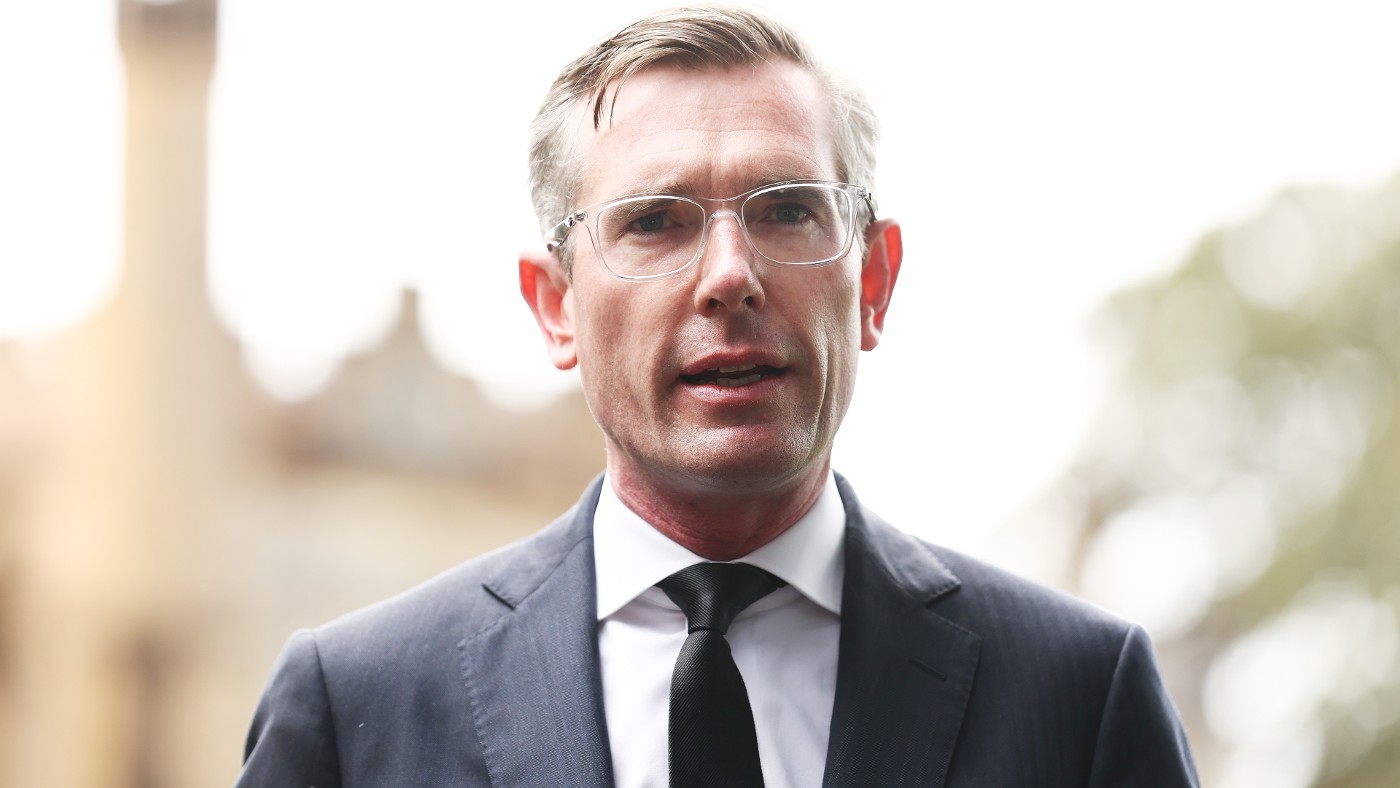Australia accused of ‘clear breach’ of human rights obligations
UN inspectors were denied access to jails in New South Wales and medical facilities in Queensland

A free daily email with the biggest news stories of the day – and the best features from TheWeek.com
You are now subscribed
Your newsletter sign-up was successful
Australia has committed a “clear breach” of its obligations under a worldwide anti-torture protocol, according to a United Nations committee.
The country’s “human rights reputation is in jeopardy”, said The Guardian, after UN officials cut short their visit when they were denied access to prisons in New South Wales (NSW) and medical facilities in Queensland.
The UN’s Subcommittee on Prevention of Torture (SPT) said its visit “had been compromised to such an extent that they had no other option but to suspend it”, adding that “this is not a decision that the SPT has taken lightly”.
The Week
Escape your echo chamber. Get the facts behind the news, plus analysis from multiple perspectives.

Sign up for The Week's Free Newsletters
From our morning news briefing to a weekly Good News Newsletter, get the best of The Week delivered directly to your inbox.
From our morning news briefing to a weekly Good News Newsletter, get the best of The Week delivered directly to your inbox.
Some 91 nations have ratified the Optional Protocol to the Convention against Torture and other Cruel, Inhuman or Degrading Treatment or Punishment (OPCAT) agreement. The SPT’s decision means Australia joins Azerbaijan, Ukraine and Rwanda as the only countries to fail to provide full and unconstrained access to facilities.
Human rights groups have called the development an “international embarrassment”, said ABC News, but an NSW Corrective Services spokesperson said the UN representatives were “refused entry without incident” to the jails and other institutions “as they did not have prior approval”.
NSW Premier Dominic Perrottet was also “unapologetic”, said Reuters. At a press conference he said his state had the highest standards and an independent process that oversees its jail system. “We are a sovereign country in our own right and we have a high standard when it comes to correctional facilities,” he said.
However, said the Australia OPCAT Network, visits are supposed to be unannounced to provide a “distortion-free” picture “to help ascertain the real situation of persons deprived of their liberty”.
A free daily email with the biggest news stories of the day – and the best features from TheWeek.com
The protocol specifies that “states are under the obligation to allow the SPT unannounced and unhindered visits to all places where persons are deprived of their liberty”.
Chas Newkey-Burden has been part of The Week Digital team for more than a decade and a journalist for 25 years, starting out on the irreverent football weekly 90 Minutes, before moving to lifestyle magazines Loaded and Attitude. He was a columnist for The Big Issue and landed a world exclusive with David Beckham that became the weekly magazine’s bestselling issue. He now writes regularly for The Guardian, The Telegraph, The Independent, Metro, FourFourTwo and the i new site. He is also the author of a number of non-fiction books.
-
 What to know before filing your own taxes for the first time
What to know before filing your own taxes for the first timethe explainer Tackle this financial milestone with confidence
-
 The biggest box office flops of the 21st century
The biggest box office flops of the 21st centuryin depth Unnecessary remakes and turgid, expensive CGI-fests highlight this list of these most notorious box-office losers
-
 What are the best investments for beginners?
What are the best investments for beginners?The Explainer Stocks and ETFs and bonds, oh my
-
 Epstein files topple law CEO, roil UK government
Epstein files topple law CEO, roil UK governmentSpeed Read Peter Mandelson, Britain’s former ambassador to the US, is caught up in the scandal
-
 Iran and US prepare to meet after skirmishes
Iran and US prepare to meet after skirmishesSpeed Read The incident comes amid heightened tensions in the Middle East
-
 Israel retrieves final hostage’s body from Gaza
Israel retrieves final hostage’s body from GazaSpeed Read The 24-year-old police officer was killed during the initial Hamas attack
-
 China’s Xi targets top general in growing purge
China’s Xi targets top general in growing purgeSpeed Read Zhang Youxia is being investigated over ‘grave violations’ of the law
-
 Panama and Canada are negotiating over a crucial copper mine
Panama and Canada are negotiating over a crucial copper mineIn the Spotlight Panama is set to make a final decision on the mine this summer
-
 Why Greenland’s natural resources are nearly impossible to mine
Why Greenland’s natural resources are nearly impossible to mineThe Explainer The country’s natural landscape makes the task extremely difficult
-
 Iran cuts internet as protests escalate
Iran cuts internet as protests escalateSpeed Reada Government buildings across the country have been set on fire
-
 US nabs ‘shadow’ tanker claimed by Russia
US nabs ‘shadow’ tanker claimed by RussiaSpeed Read The ship was one of two vessels seized by the US military